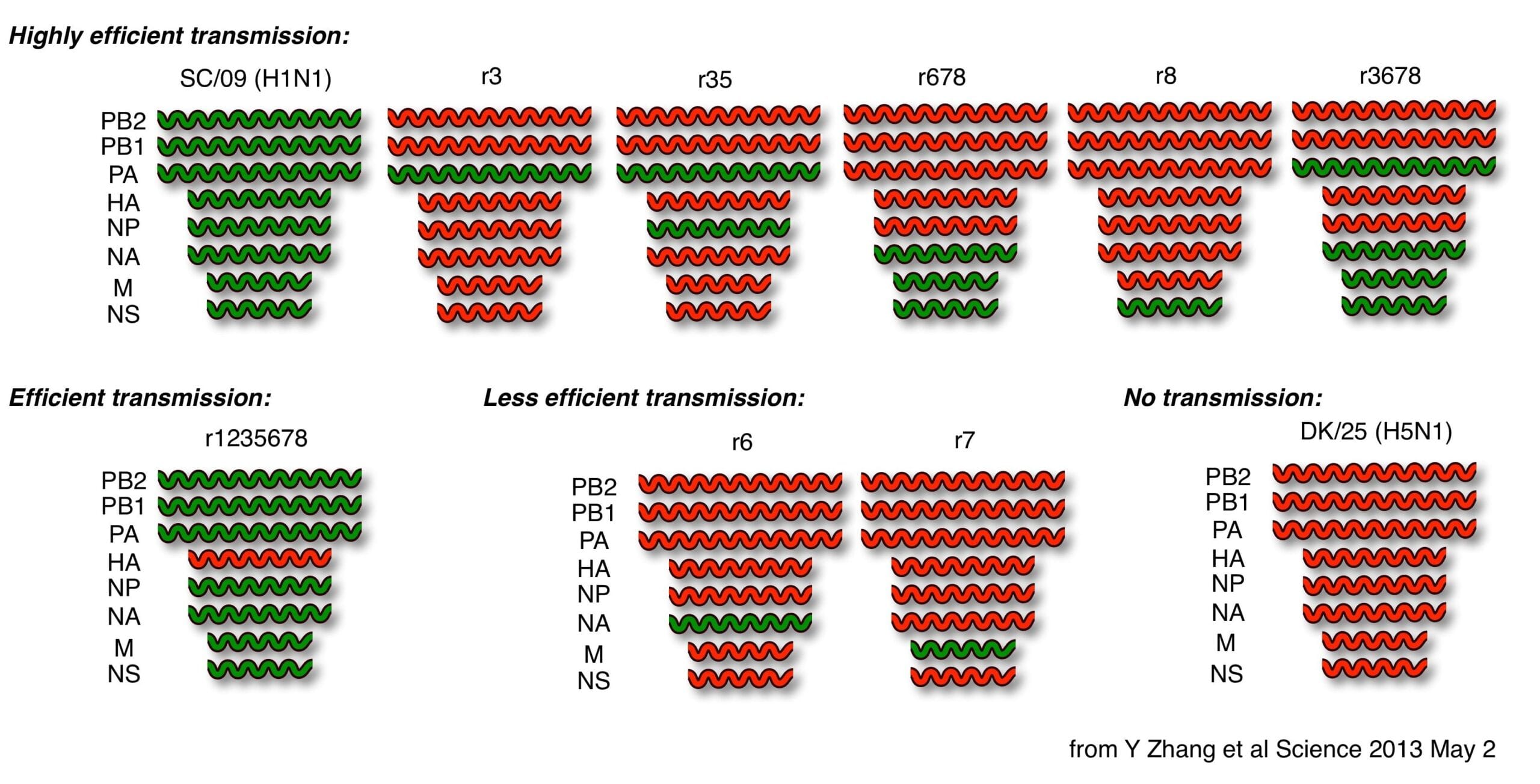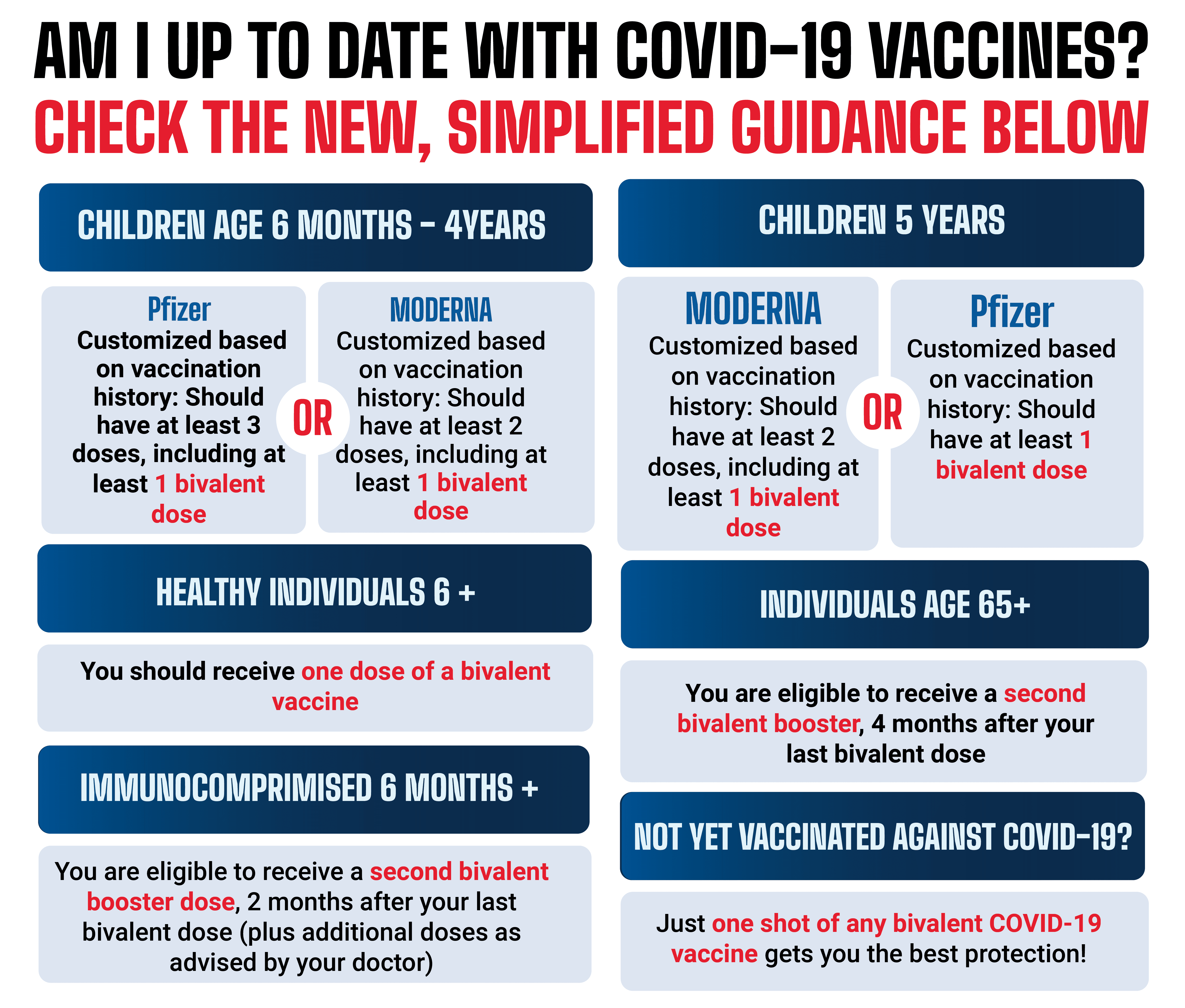In recent years, the consumption of ultra-processed foods has become a focal point of nutrition research and public health discussions. Defined as products that undergo multiple industrial processes and often contain ingredients not typically found in a home kitchen, ultra-processed foods include items such as sugary drinks, packaged snacks, and ready-to-eat meals. Critics argue that these foods contribute to various health issues, including obesity, heart disease, and diabetes. However, a new study sheds light on the nuanced relationship between ultra-processed foods and health outcomes, suggesting that some of these products may not be as detrimental as previously thought.
The study, conducted by a team of researchers from several prominent institutions, aimed to investigate the health effects of ultra-processed foods in the context of a balanced diet. The researchers analyzed data from a large cohort of participants, assessing their dietary habits and health markers over an extended period. The findings indicate that while excessive consumption of ultra-processed foods is linked to negative health outcomes, moderate consumption within a varied diet may not pose significant risks.
One of the key takeaways from the research is the importance of context in evaluating the health implications of ultra-processed foods. For instance, the study found that individuals who incorporated small amounts of ultra-processed foods into an otherwise healthy diet—rich in whole foods such as fruits, vegetables, and whole grains—did not experience the same adverse health effects as those who relied heavily on these products. This suggests that the overall dietary pattern plays a crucial role in determining health outcomes, rather than the mere presence of ultra-processed foods in one’s diet.
Moreover, the researchers highlighted the significance of portion sizes. Consuming ultra-processed foods in moderation, particularly in smaller portions, may mitigate potential health risks. This finding aligns with the broader nutritional principle that moderation is key to a balanced diet. For example, enjoying a small serving of a favorite ultra-processed snack occasionally may not be harmful, especially when paired with nutrient-dense foods throughout the day.
The study also delved into the types of ultra-processed foods consumed. Not all ultra-processed foods are created equal; some may contain beneficial nutrients or ingredients that can contribute positively to health. For instance, certain fortified products may provide essential vitamins and minerals that are lacking in the diets of some individuals. The researchers emphasized the need for consumers to be discerning about their choices, advocating for an approach that prioritizes nutrient-rich options even within the ultra-processed category.
Importantly, the study did not dismiss the potential risks associated with high consumption of ultra-processed foods. It reinforced the idea that excessive intake of these products can lead to adverse health outcomes, particularly when they displace whole, minimally processed foods in the diet. The researchers called for continued public health efforts to educate consumers about the importance of balanced eating patterns and the potential pitfalls of over-relying on convenience foods.
In light of these findings, the researchers recommend that health professionals and policymakers consider a more nuanced approach when discussing ultra-processed foods. Rather than categorically labeling all such foods as unhealthy, there is a need for a balanced perspective that recognizes the complexity of dietary habits. This approach could lead to more effective public health messaging that encourages individuals to make informed choices about their food consumption.
As the conversation around ultra-processed foods continues to evolve, it is crucial for consumers to remain informed and engaged. Understanding the role of these foods within the larger context of a balanced diet can empower individuals to make choices that align with their health goals. The study underscores the importance of focusing on overall dietary patterns, portion control, and the quality of food choices rather than solely vilifying ultra-processed foods.
In conclusion, while the consumption of ultra-processed foods should be approached with caution, recent research suggests that they can have a place in a balanced diet when consumed mindfully. As the field of nutrition science progresses, ongoing research will be essential to further clarify the relationship between ultra-processed foods and health outcomes, ultimately guiding individuals toward healthier dietary practices.



